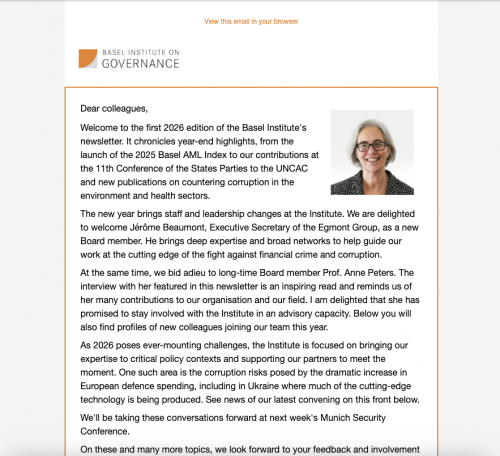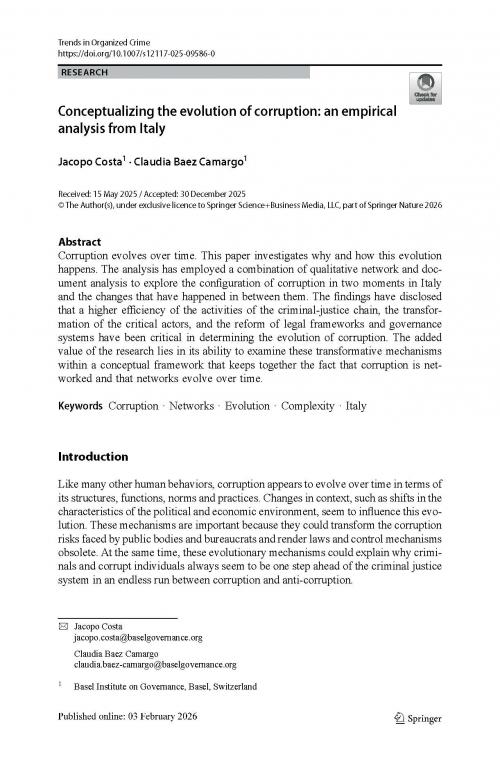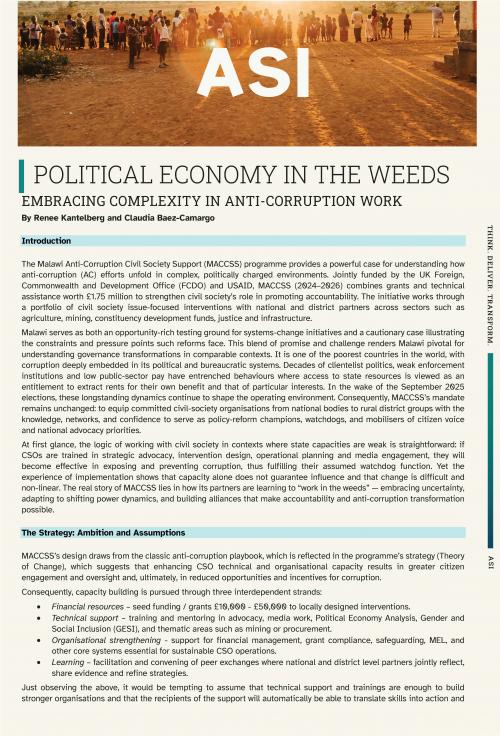10 Anti-Corruption Principles for State-Owned Enterprises
The 10 Anti-Corruption Principles provide guidance for state-owned enterprises (SOEs) of all types and sizes on anti-corruption best practice.
SOEs are important economically: they constitute a significant portion of global business and social services delivery and increasingly operate internationally. They meet the needs of communities by providing crucial services in areas such as infrastructure, water and power supplies, natural resources, food, banking and nancial services and health. SOEs may be used by governments as tools for development, to protect strategic resources and interests and to raise a country’s global presence. Many SOEs have been partly privatised and the largest commercial SOEs now rank among the world’s top global companies.
SOEs have specific corruption-related vulnerabilities. These include:
- close relationships between government, politicians, SOE boards and senior management;
- poor governance and management;
- poorly managed conflicts of interest;
- lack of accountability through transparency and public reporting.
Without effective anti-corruption policies and procedures these vulnerabilities can result in corruption, including:
- bribery in procurement;
- corruptly structured purchases and sales of assets;
- misuse of the SOE to provide finance to political parties;
- anti-competitive behaviour.



